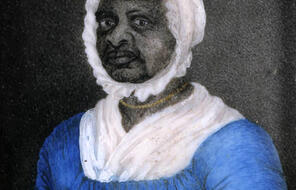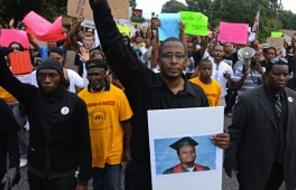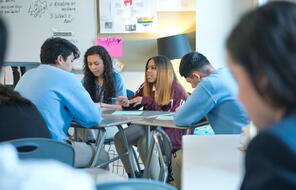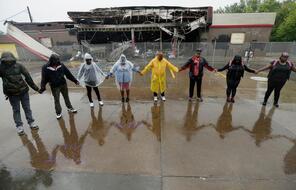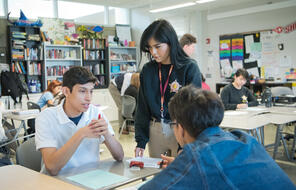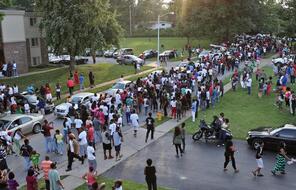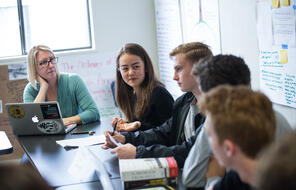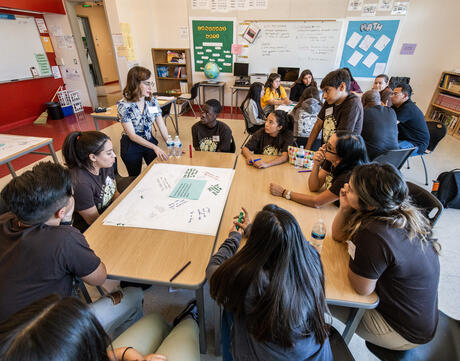
Taking Ownership of the Law
At a Glance
Language
English — USSubject
- Civics & Citizenship
Grade
8–12Duration
One 50-min class period- Democracy & Civic Engagement
Overview
About This Lesson
The work of democracy is never finished. As Justice William Hastie once observed, democracy is “becoming, not being,”and the actions of individuals are key to securing the promise of democracy for all—especially at a time like today, when rising political and social tensions have heightened the fragility of democracies around the world.
This lesson explores how individuals lay claim to a nation’s laws and ideals to assert their own rights and freedoms, and in doing so, nurture democracy in the societies where they live. We begin with a podcast featuring scholar, Ben Railton, Professor of English Studies and American Studies at Fitchburg State University in Massachusetts. Railton tells the stories of Mum Bett and Quock Walker, two enslaved people who successfully sued for their freedom in the early years of the American republic.
Both Freeman and Walker were born into slavery when Massachusetts was still a British colony. By 1781, Massachusetts was part of a newly independent United States, but slavery was still legal, as it was in every other state. That year, in two separate cases, a woman called Mum Bett (later known as Elizabeth Freeman) and a man named Quock Walker won their freedom in court by appealing to the new Massachusetts Constitution which asserted that “All men are born free and equal.”
In this lesson, we learn about the Freeman and Walker cases and consider Professor Railton’s assertion that they illuminate something important about what makes democracy work today. Teachers can extend this lesson to go deeper with historical readings and primary sources about the Freeman and Walker cases; the lesson can also be broadened to include other historical moments from US history when people used the law to claim rights and assert their belonging in American society. This lesson works best if students have spent some time deliberating on the meaning of democracy itself. The first lesson in this series entitled Defining Democracy suggests activities to help students develop a working definition.
Lesson Plan
Activity
Extension Activities
Materials and Downloads
Taking Ownership of the Law
Insights on Democracy from South Africa
Responding to Difference in Democracy
Unlimited Access to Learning. More Added Every Month.
Facing History & Ourselves is designed for educators who want to help students explore identity, think critically, grow emotionally, act ethically, and participate in civic life. It’s hard work, so we’ve developed some go-to professional learning opportunities to help you along the way.
Exploring ELA Text Selection with Julia Torres
On-Demand
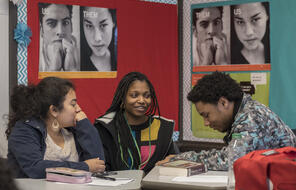
Working for Justice, Equity and Civic Agency in Our Schools: A Conversation with Clint Smith
On-Demand
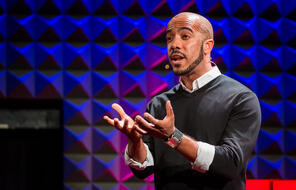
Centering Student Voices to Build Community and Agency
On-Demand


